Course language: English and contact persons
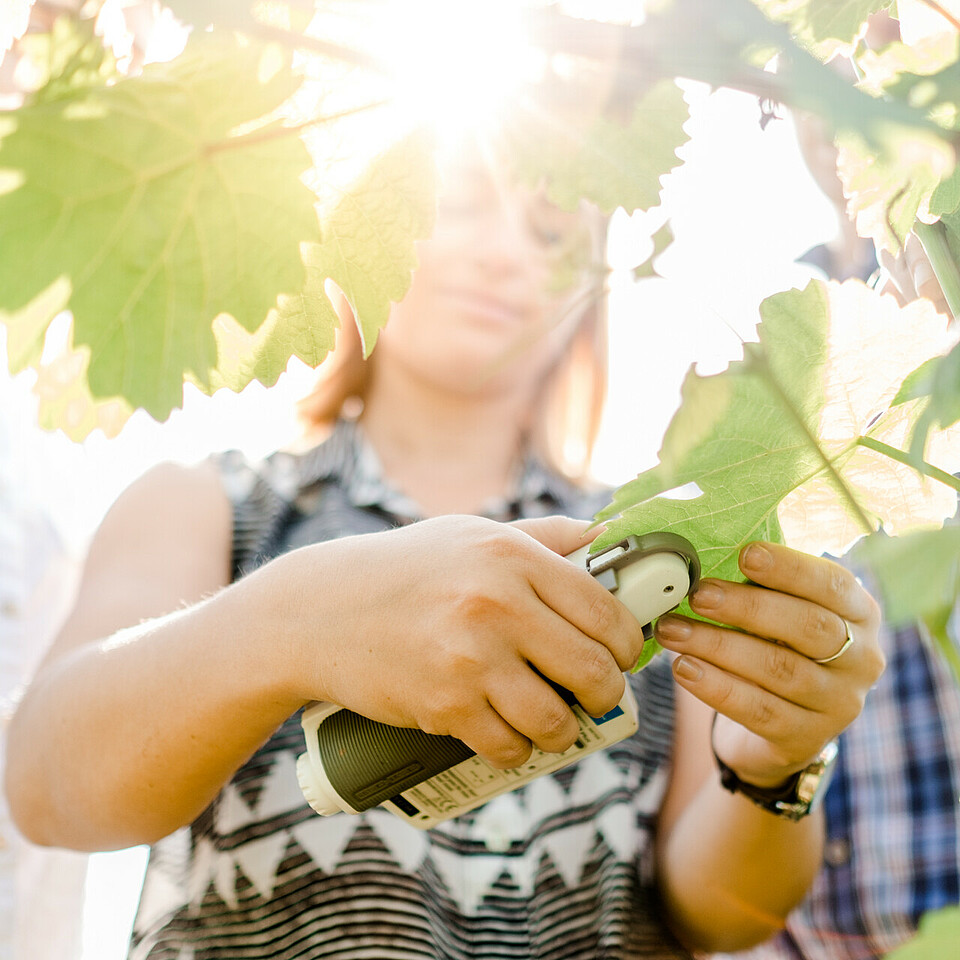
Teaching area
Viticulture and plant physiology
The aim of viticultural research is to clarify the influence of quality-enhancing cultivation measures on the material composition of the grape, in particular sugars, acids, aroma precursors, anthocyanins and phenols. In their entirety, these form the reservoir from which the valuable ingredients of the wine are formed during wine production. Ongoing research projects are investigating the genetic and environmental influences on the synthesis of aroma substances (monoterpenes) and colorants and flavorings (flavonoids, stilbenes) as well as on the physiology of the berries/clusters (size, number, berry skin firmness). Further research focuses on the optimization of cultivation systems and viticultural measures in order to investigate the necessary adaptations of production systems to climate change and the resulting increase in late frost events and heat waves.
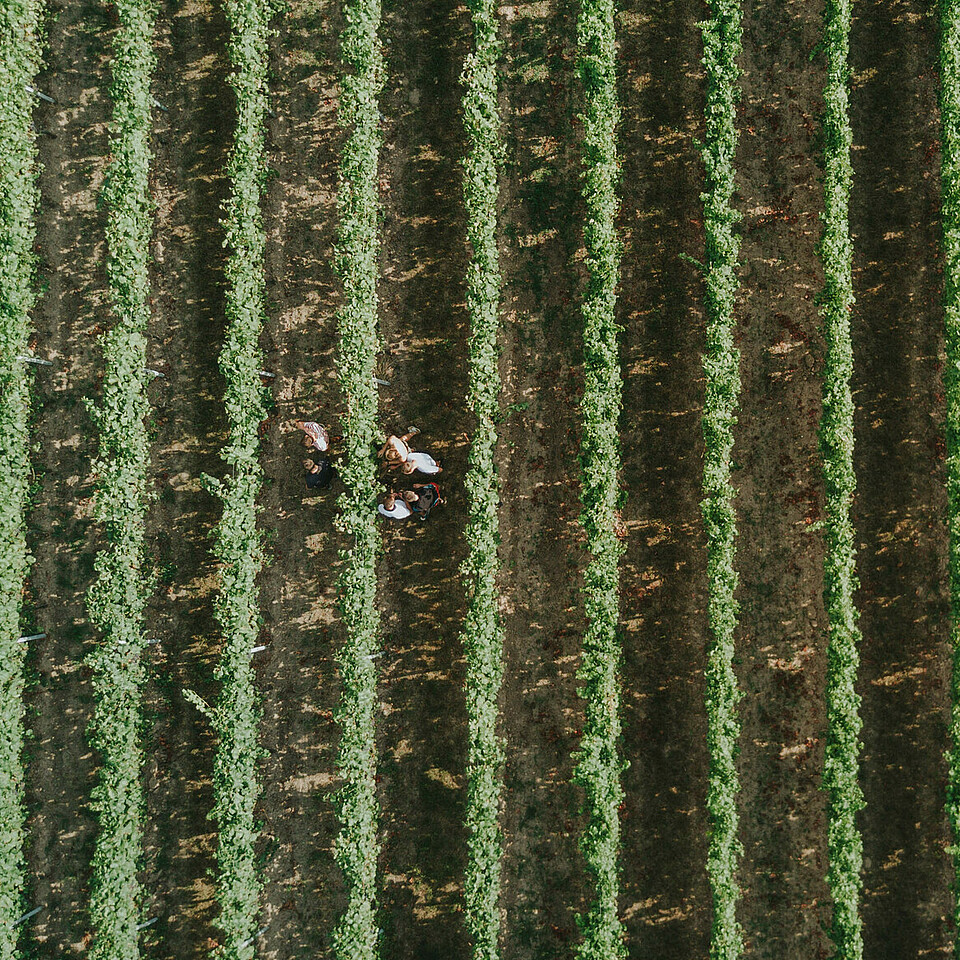
Teaching area
Phytomedicine
With around two thirds of Germany's vineyards, viticulture is a key component of Rhineland-Palatinate's agricultural sector. New tasks and research topics are constantly emerging in plant protection, particularly due to changing conditions. These include, for example, climate change and extreme weather situations, the emergence of invasive species, environmentally friendly and resource-saving control methods for sustainable production, particularly with regard to integrated plant protection, the development of control and regulation methods for organic cultivation and the implementation of the legal framework as well as intensive research support for the implementation of the EU Water Framework Directive.
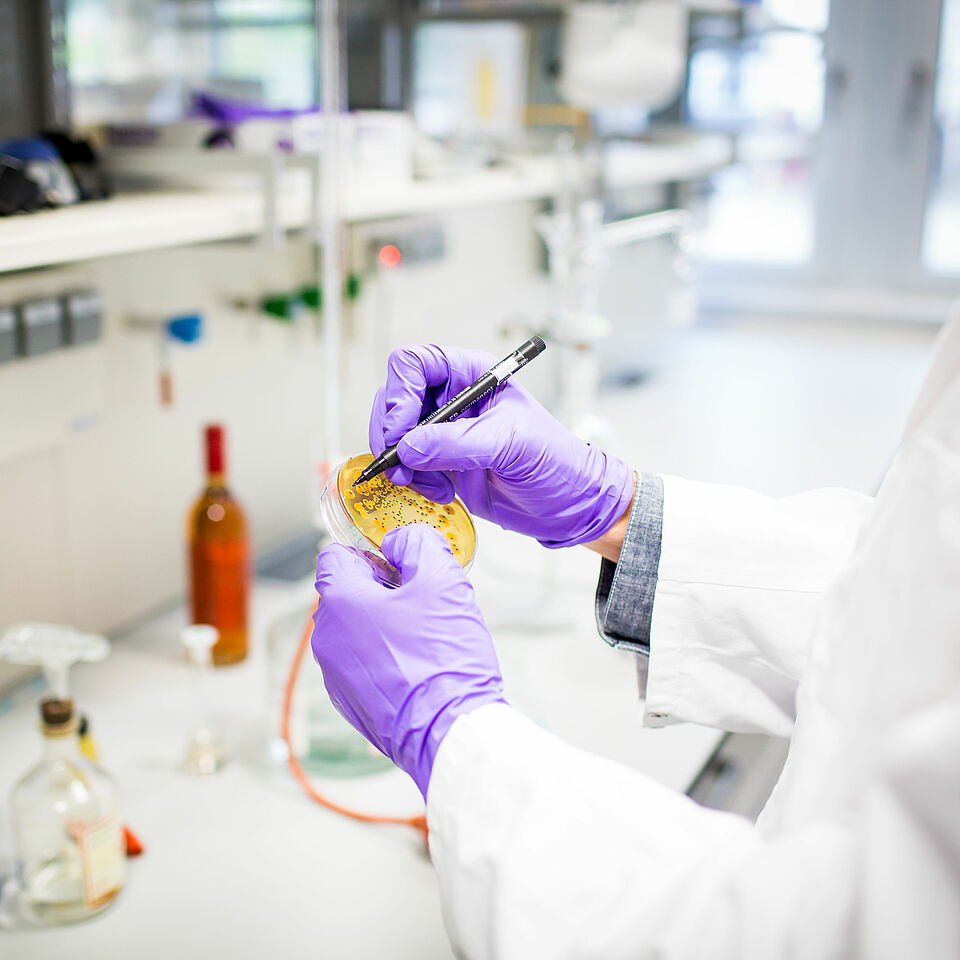
Teaching area
Microbiology
Microorganisms play a central role in winemaking, be it in alcoholic fermentation by yeasts or malolactic fermentation by lactic acid bacteria. At the same time, various harmful organisms can negatively influence the ingredients of the wine in almost all phases of production. Students acquire theoretical and practical knowledge of the most important microorganisms that play a role in winemaking. The detection of microorganisms is also an important focus of teaching and research.
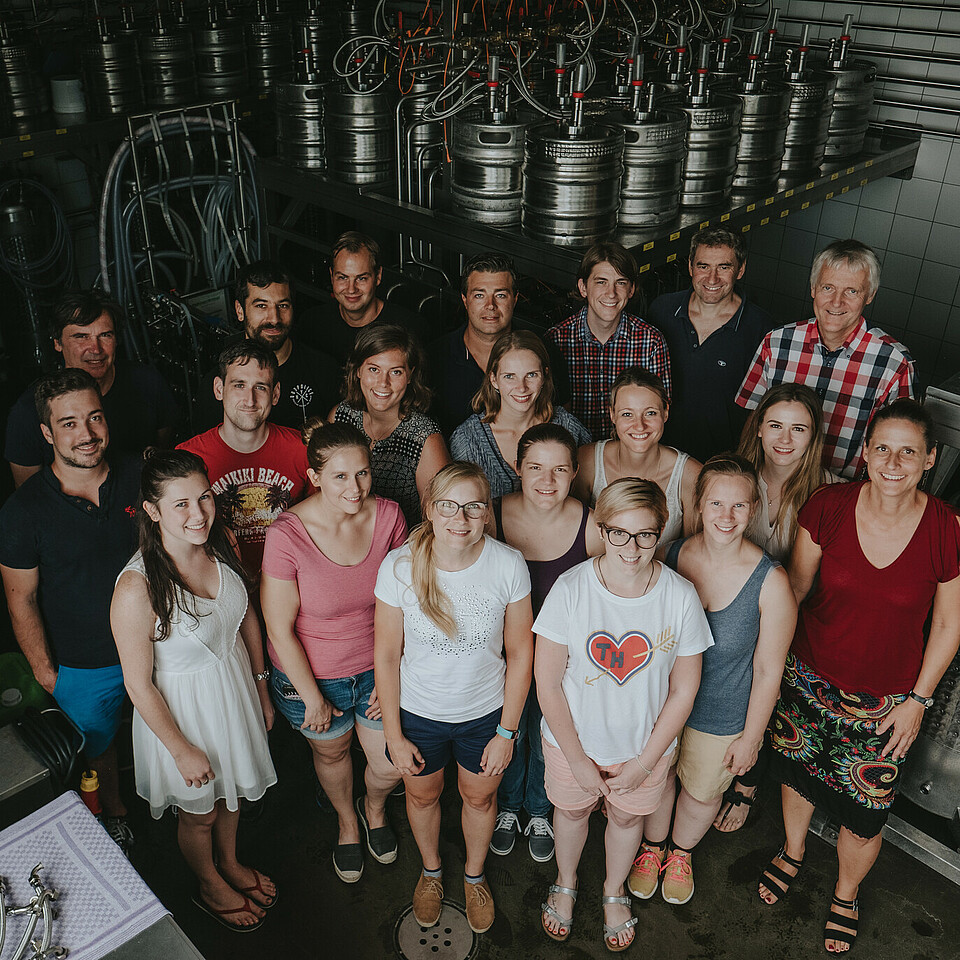
Teaching area
Enology, wine analysis and sensory analysis
Enology at the Wine Campus Neustadt deals with a variety of current and practice-oriented issues relating to winemaking, starting with grape reception, through the processing of mash and must, to wine maturation, bottling and storage of the bottled wines. Using state-of-the-art sensory and chemical analysis, the complex relationships between oenological influencing factors and molecular changes in wines are clarified. Through globally networked research collaborations, oenological research at the Wine Campus Neustadt is one of the world's leading institutions in the field of innovative wine technologies, aroma analysis and polyphenol research.
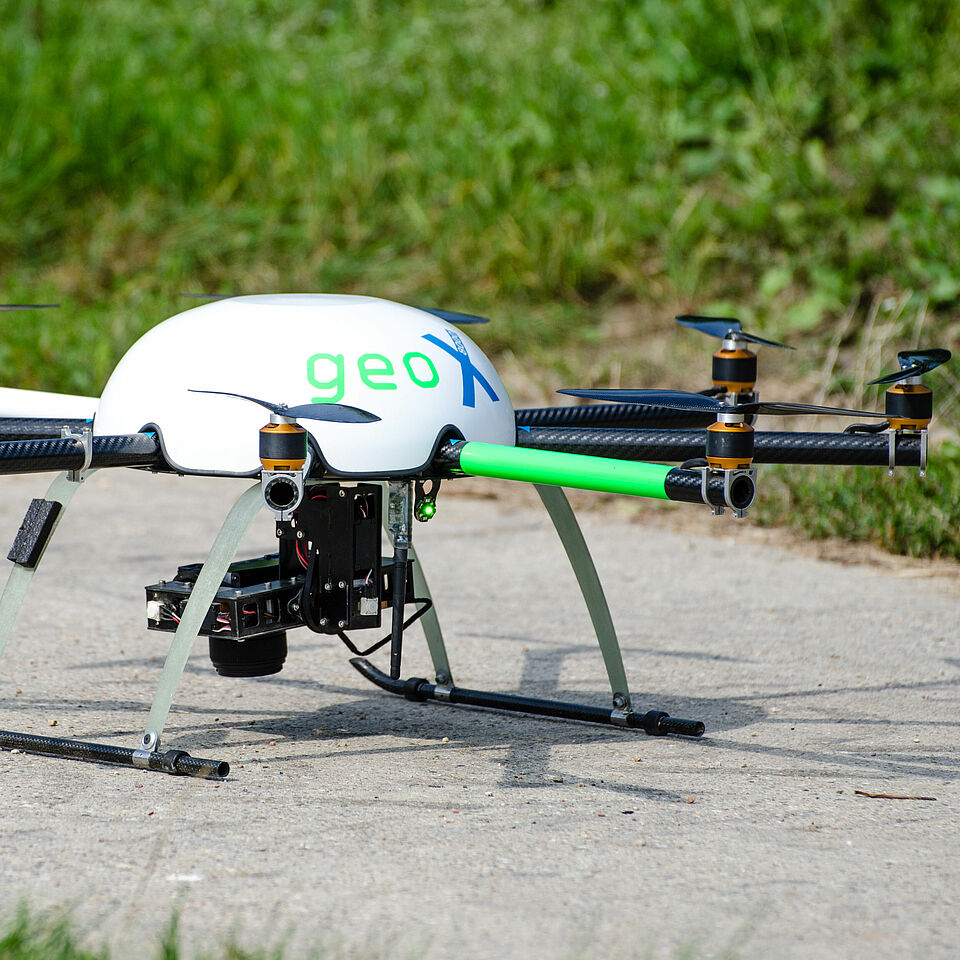
Specialty
Precision Viticulture
Precision viticulture is synonymous with demand-oriented cultivation of heterogeneous vineyard areas using digital methods. The use of GPS and sensor-based technology is intended to maximize grape quality while minimizing environmental impact. Georeferenced data generated using near and remote sensing techniques serve as the basis for GIS-based, zone-specific management plans, which will also be implemented by autonomous machines in the future.
The transition to the digital age "Viticulture 4.0" is being promoted by switching from analog to digital field maps and by operating digital viticulture management systems. Due to climate change and increasingly localized weather conditions, there is a need to be able to react to unexpected weather events earlier. Vineyard-specific microclimate data can enhance weather forecasting systems in order to implement viticultural measures more precisely in terms of timing.
Prof. Dr. Andreas Düker
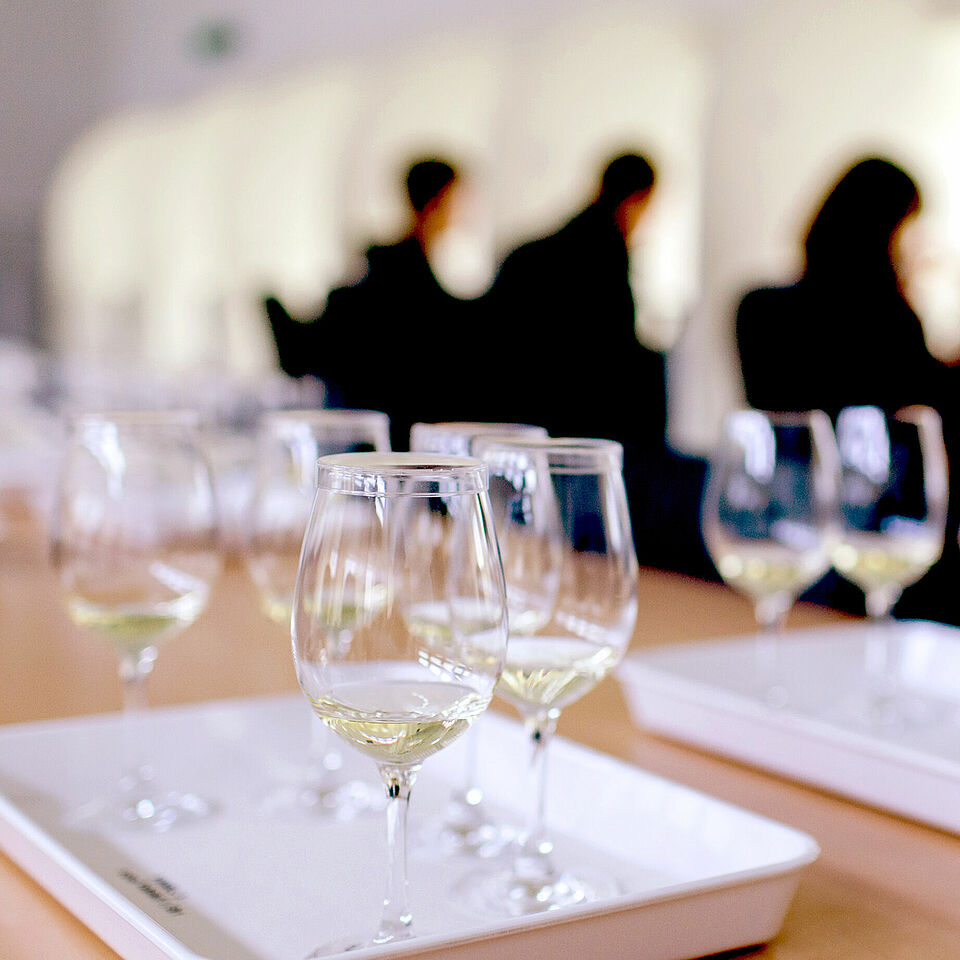
Specialty
BUSINESS ADMINISTRATION
Success in the wine industry is increasingly dependent on professional business management and optimized marketing. Business administration at the Wine Campus makes a significant contribution to the training of entrepreneurial skills. Practically relevant topics are taken up and explored through globally networked research with an international perspective. The three core research areas include strategy, organization and innovation.
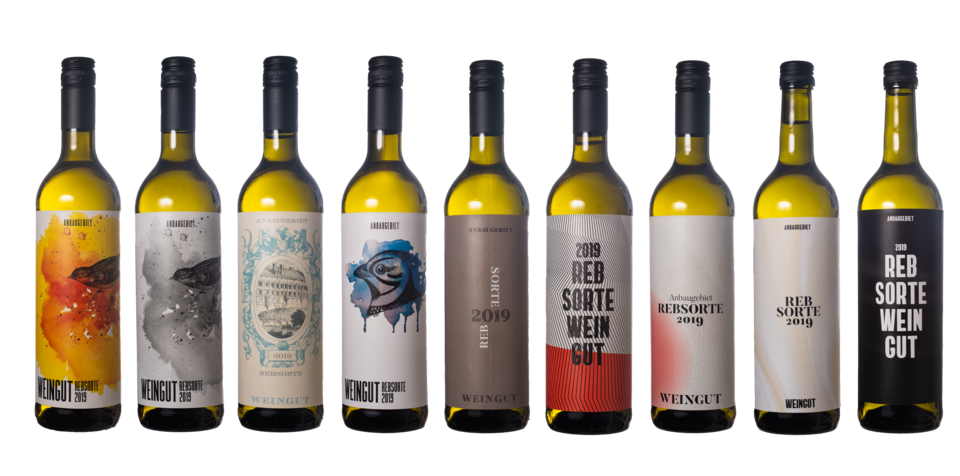
Specialty
Marketing
The field of marketing in wineries has changed considerably in recent years. Not only have new digital possibilities been added, but also new challenges, for example in the presentation of a product and its characteristics. The Marketing research area at the Wine Campus Neustadt is dedicated to these topics.
